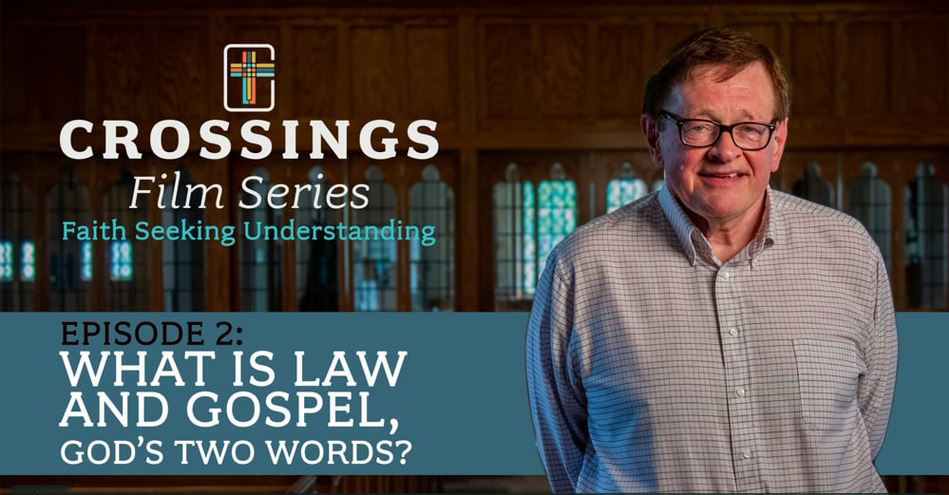Here are some of Steve Albertin's thoughts on Law and Gospel. The “proper distinction between Law and Gospel” refers to a theological rule of thumb or interpretive insight for understanding the workings of God in the world. It asserts that God operates in two distinct ways: Law and Gospel. The Law refers to that activity through which God both places demands upon us (summarized by Jesus in the two love commandments: love of God and love of neighbor) and evaluates us in accordance with those demands. Those who fall short of God’s demands are described as “sinners” and inevitably reap the due consequences of that judgment.
The Gospel, by contrast, refers to that activity through which God graciously promises to reconcile sinners to himself by joining them, through faith, to the death and resurrection of Jesus Christ, the Son of God. Trusting this promise of God in Christ, sinners are adopted as children of God, regarded as holy and precious in God’s sight for Christ’s sake, and made new creatures by the power of the Holy Spirit.
Be sure to like us on Facebook!
And Subscribe to our YouTube Channel!



